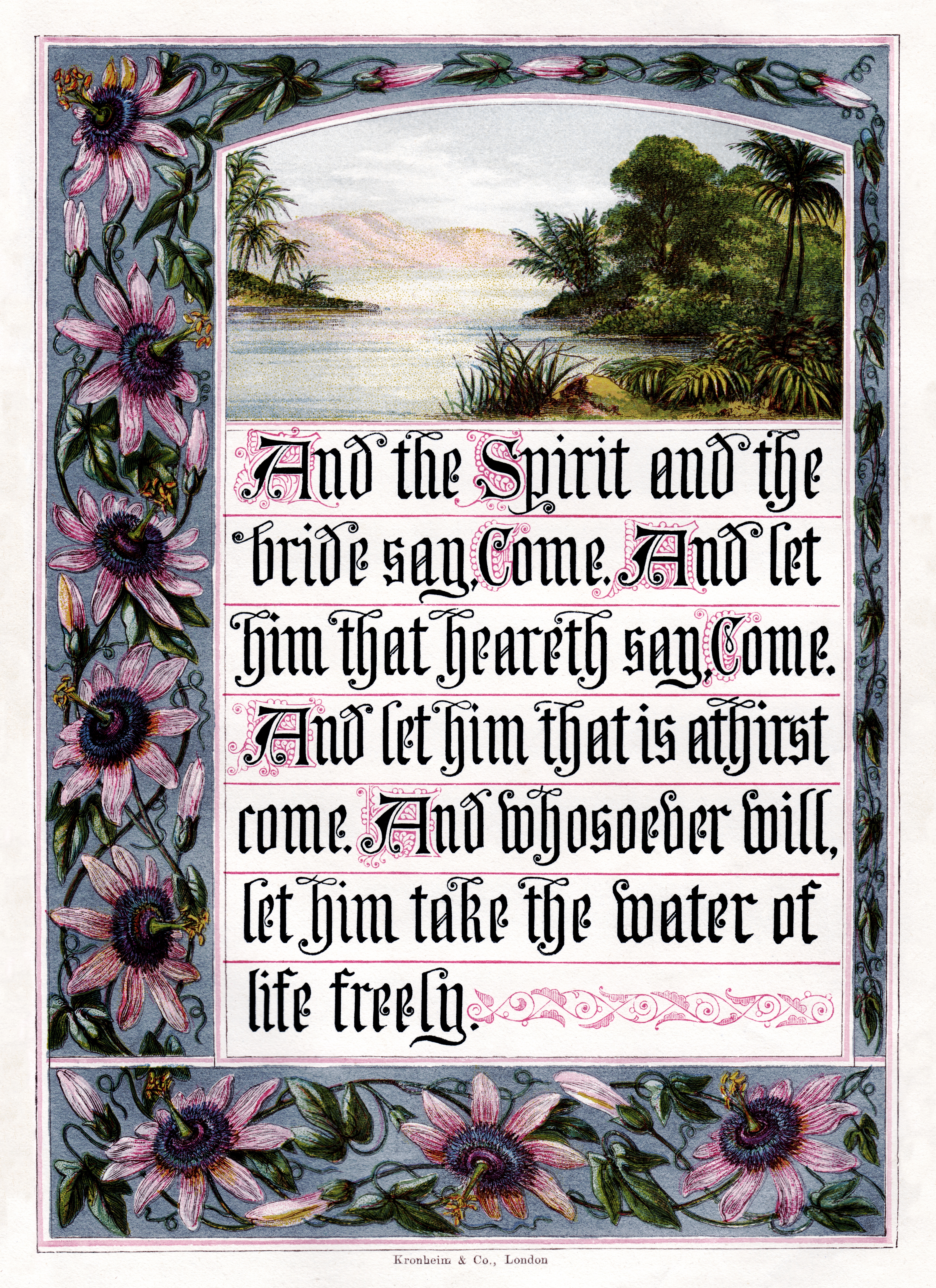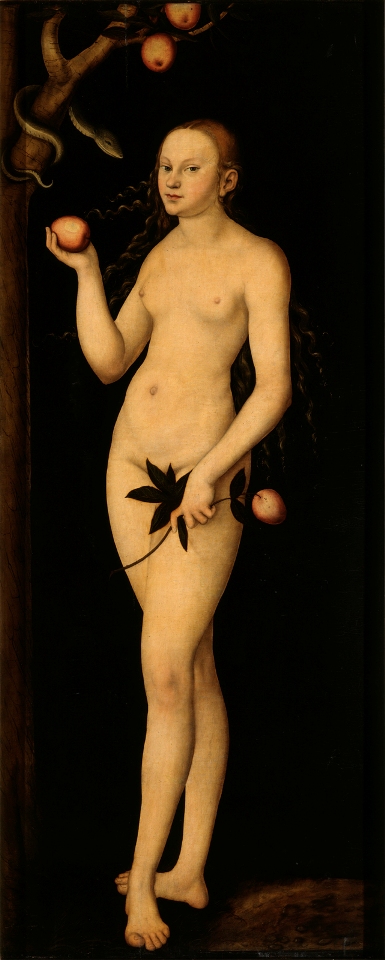|
Bride Of Christ
The bride of Christ or the lamb's wife is a term used in reference to a group of related verses in the Bible, in the Gospels, Revelation, the Epistles and related verses in the Old Testament. Sometimes, the bride is implied by calling Jesus a bridegroom. For over 1500 years, the Church was identified as the bride betrothed to Christ. However, there are instances of the interpretation of the usage varying from church to church. Most believe that it always refers to the church. Christ as a bridegroom In the Gospel of John, John the Baptist speaks of Jesus Christ as the bridegroom and mentions the bride. That is the only place in the Gospels that the bride is mentioned, but because a bridegroom must have a bride, all other mentions of the bridegroom imply the bride. In the Gospels, when Jesus is asked why his disciples do not fast, but the followers of John and the Pharisees do, Jesus answers: In , and , the Apostles are referred to as the friends, guests, or children dep ... [...More Info...] [...Related Items...] OR: [Wikipedia] [Google] [Baidu] |
Joseph Martin Kronheim - The Sunday At Home 1880 - Revelation 22-17
Joseph is a common male given name, derived from the Hebrew Yosef (יוֹסֵף). "Joseph" is used, along with "Josef", mostly in English, French and partially German languages. This spelling is also found as a variant in the languages of the modern-day Nordic countries. In Portuguese and Spanish, the name is "José". In Arabic, including in the Quran, the name is spelled ''Yūsuf''. In Persian, the name is "Yousef". The name has enjoyed significant popularity in its many forms in numerous countries, and ''Joseph'' was one of the two names, along with ''Robert'', to have remained in the top 10 boys' names list in the US from 1925 to 1972. It is especially common in contemporary Israel, as either "Yossi" or "Yossef", and in Italy, where the name "Giuseppe" was the most common male name in the 20th century. In the first century CE, Joseph was the second most popular male name for Palestine Jews. In the Book of Genesis Joseph is Jacob's eleventh son and Rachel's first son, and kn ... [...More Info...] [...Related Items...] OR: [Wikipedia] [Google] [Baidu] |
Gertrude The Great
Gertrude the Great, OSB (or Saint Gertrude of Helfta; it, Santa Gertrude, german: Gertrud die Große von Helfta, la, Sancta Gertrudis; January 6, 1256 – November 17, 1302) was a German Benedictine nun and mystic. She is recognized as a saint by the Catholic Church and by the Episcopal Church. In addition to being commemorated in the Episcopal Calendar of Saints on November 21, Gertrude is inscribed in the General Roman Calendar for optional celebration throughout the Roman Rite, as a memorial on November 16. Life Little is known of the early life of Gertrude who was born on the Feast of the Epiphany, January 6, 1256, in Eisleben, Thuringia (within the Holy Roman Empire). At age four, she entered the monastery school at St. Mary at Helfta (variously described both as Benedictine and as Cistercian), under the direction of its abbess, Gertrude of Hackeborn. It is speculated that her devout parents offered her as a child oblate to the church. However, given that Gertrude implies ... [...More Info...] [...Related Items...] OR: [Wikipedia] [Google] [Baidu] |
Women In The New Testament
Women in the Bible are wives, mothers and daughters, victors and victims, women who change the course of important events, and women who are powerless to affect even their own destinies. Ancient Near Eastern societies have traditionally been described as patriarchal, and the Bible, as a document written by men, has traditionally been interpreted as patriarchal in its overall views of women. Marital laws in the Bible favor men, as do the inheritance laws there, and women are under strict laws of sexual behavior with adultery a crime punishable by stoning. A woman in ancient biblical times was always subject to strict purity laws, both ritual and moral. The majority of women in the Bible are unnamed, with named women making up only 5.5 to 8 percent of all named characters in the Bible. Recent scholarship accepts the presence of patriarchy in the Bible, but shows that ''heterarchy'' is also present: heterarchy acknowledges that different power structures between people can exi ... [...More Info...] [...Related Items...] OR: [Wikipedia] [Google] [Baidu] |


